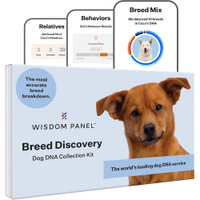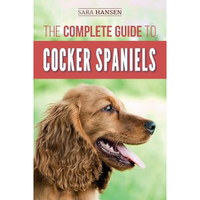Discover more about the ‘people-pleasing’ Cocker Spaniel – a soft, loving breed with floppy ears and a happy heart
Learn more about a breed that is sure to bring sunshine to your life with every wag of its tail and flutter of those sweeping lashes
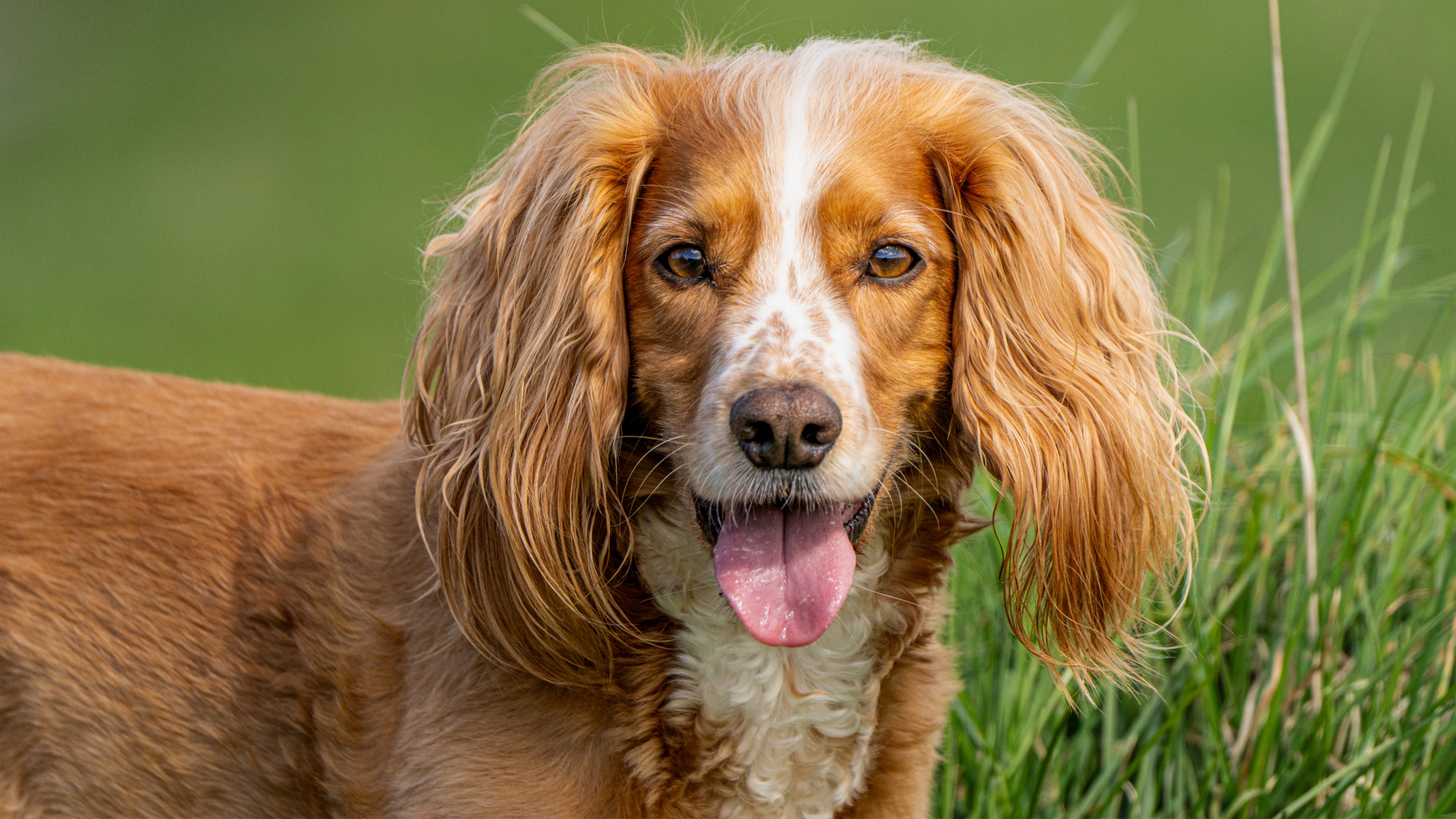
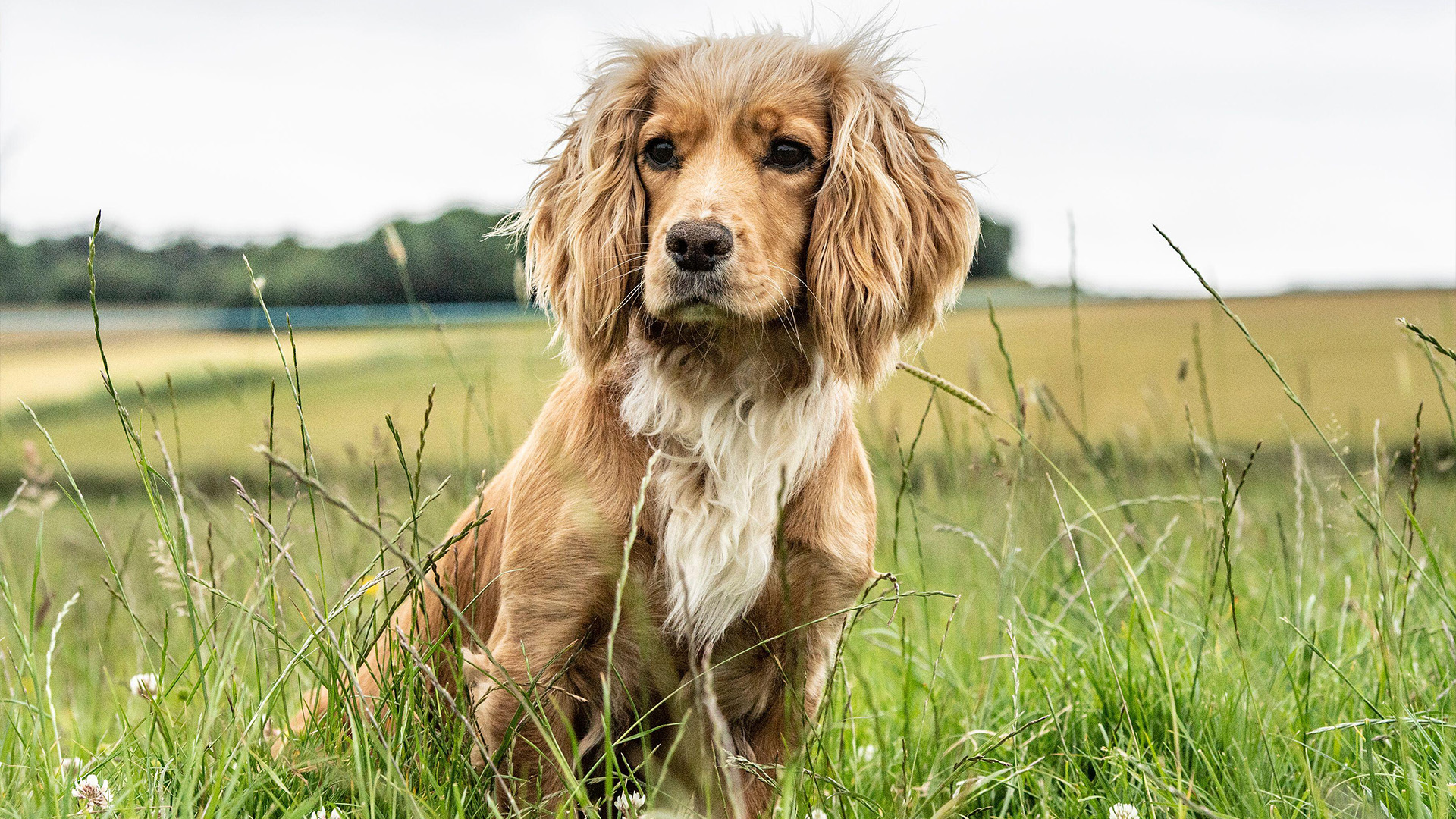
Life expectancy: 12 to 15 years
Size: 16-inches (male); 15 inches (female)
Coat: Silky, medium-length, double coat
Temperament: Playful, trainable, affectionate, friendly and faithful
Exercise needs: An hour
Origin/native country: UK and US
Cocker Spaniels originated as hunting dogs and they are so-called because they were particularly useful when targeting the Eurasian woodcock. They actually split into two breeds in 1947 – the American Cocker Spaniel in the US, with their smaller ears, and the English Cocker Spaniel elsewhere with a wide, flat head. The latter is also split into working and show Cockers just to confuse matters a little more.
But then variety is the spice of a Cocker Spaniel’s life and that’s not just because they can come in many different colours from lemon to black and tan. These small sporting dogs can also perform lots of roles, aiding police forces and airport security staff thanks to their strong sense of smell. One Cocker called Tangle could even detect cancer in humans to an accuracy of 80 percent. But do they make good pets?
Do Cocker Spaniels need a lot of exercise?
Cocker Spaniels are a sporting breed and they require about an hour’s worth of exercise each day. As well as taking them for walks, you should make the exercises mentally stimulating as best you can.
This can often be as simple as getting them to retrieve a ball, finding opportunities for a swim or getting them to sniff around – they have an excellent sense of smell. The older they get, the more mentally challenging the exercises can be but the aim across all age-ranges is to exhaust them and prevent them from becoming bored and destructive.
“Cocker Spaniels require moderate amounts of physical exercise each day, but they are not quite as high-energy as some other working breeds,” says vet Dr Rebecca MacMillan. “You will find that the working Cockers tend to be more athletic than show Cockers, however.”
Are Cocker Spaniels easy to train?
Cocker Spaniels are generally easy to train. “I find that Cocker Spaniels are usually eager to please, so training tends to be straightforward if your approach is positive and consistent,” says Dr MacMillan.
As one of the smartest dog breeds, they’re certainly quick to learn but, even better, they speedily pick up on your cues and emotions. They will know if they’re behaving as they should and all it then takes is some positive reinforcement with the best puppy treats.
PetsRadar Newsletter
Get the best advice, tips and top tech for your beloved Pets
Be aware though they can get attached very quickly and they love being around humans. You’ll likely need to know how to reduce separation anxiety in dogs to ensure they remain happy.
Do Cocker Spaniels make good family pets?
Absolutely, Cocker Spaniels are one of the best dog breeds for families. Cocker Spaniels are known to be friendly and happy and they love interacting both with close family members and strangers. Their playful nature means they’re particularly good with children and other dogs and they’ll always put a smile on your face when you walk through the door.
“Cocker Spaniels have a friendly temperament and make great family pets,” affirms Dr MacMillan. “These dogs are known for being affectionate and easy to get along with. But, as with all dogs, early socialization is important, and this will help shape your dog’s attitude toward people and other animals.”
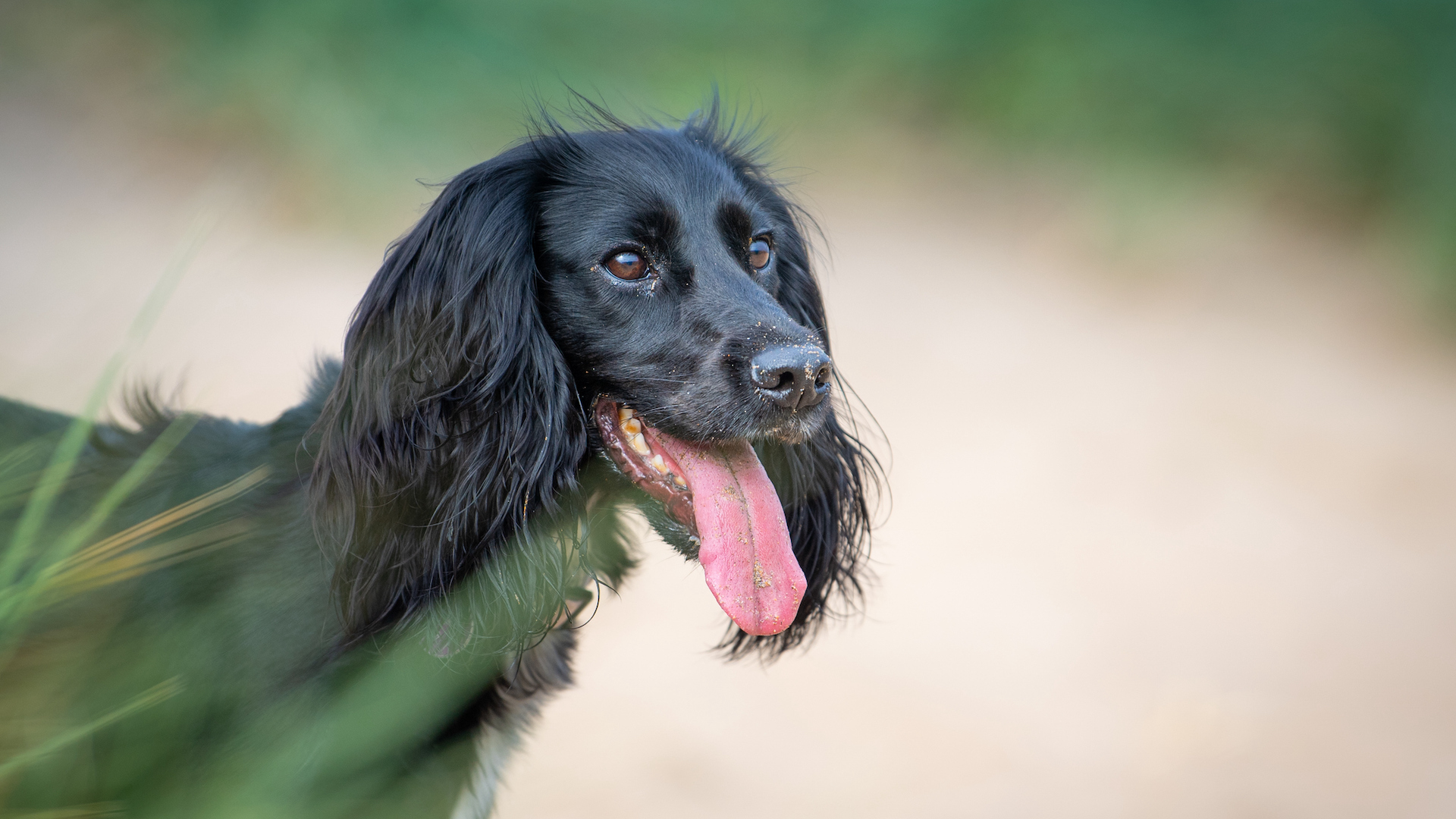
Do Cocker Spaniels need a lot of grooming?
Cocker Spaniels have a double coat and they shed moderately all year round. It would be a good idea to try and pick up one of the best vacuum cleaners if you bring this breed home but, if you brush this breed regularly – “at least every couple of days,” says Dr MacMillan – then you can help minimise the mess.
Brushing also ensures their long silky coats don’t become matted or tangled and it can remove debris too, especially if they exercise in the countryside.
“They are prone to picking up grass seeds and burrs, especially in the feathery bits around their paws and legs,” says Dr MacMillan. “Keeping your dog’s fur trimmed can help prevent tangling and make it easier to spot grass awns. You may want to consider having your Cocker regularly clipped by a groomer to keep things in order.”
Wisdom Panel Breed Discovery DNA Kit | Amazon
Not sure exactly what breed your dog is? This kit screens for 365+ breeds – because knowing every detail about your dog helps you understand how best to care for them.
What are Cocker Spaniels’ most common health problems?
There are a few common health complaints that you need to be aware of with Cocker Spaniels, the most prominent being ear problems.
“Their characteristic floppy ears trap warmth and moisture, which creates the perfect environment for ear infections,” says Dr MacMillan.
But that’s not all. Like many other pedigree breeds, hip dysplasia and patella luxation are also frequently diagnosed.
“Cocker Spaniels are prone to hereditary eye issues such as progressive retinal atrophy (PRA), too, which can lead to loss of vision," says Dr MacMillan. “Choosing a puppy from a reputable breeder who has done all the recommended health screening is essential. This will greatly reduce the risk of your pup developing problems.”
Should I get a Cocker Spaniel?
Cocker Spaniels are people pleasers who adore praise and lavish their owners and families with love and affection. They like to snuggle on a sofa and they are wonderful with children which makes them a wonderful fit in any home. Sure, this breed is not much of a guard dog and it will keep you on your toes to some degree. It can also leave your interiors covered in hair. But thanks to their intelligence – both practical and emotional – you’ll find Cocker Spaniels are richly rewarding.
Complete Guide to Cocker Spaniels | Amazon
Using interviews with five top Cocker Spaniel breeders, author and experienced Cocker Spaniel owner Sara Hansen has created an in-depth look at what it really takes to successfully live with, raise, and train a Cocker Spaniel.
Want to learn more about this breed? Here are our favorite Cocker Spaniel facts
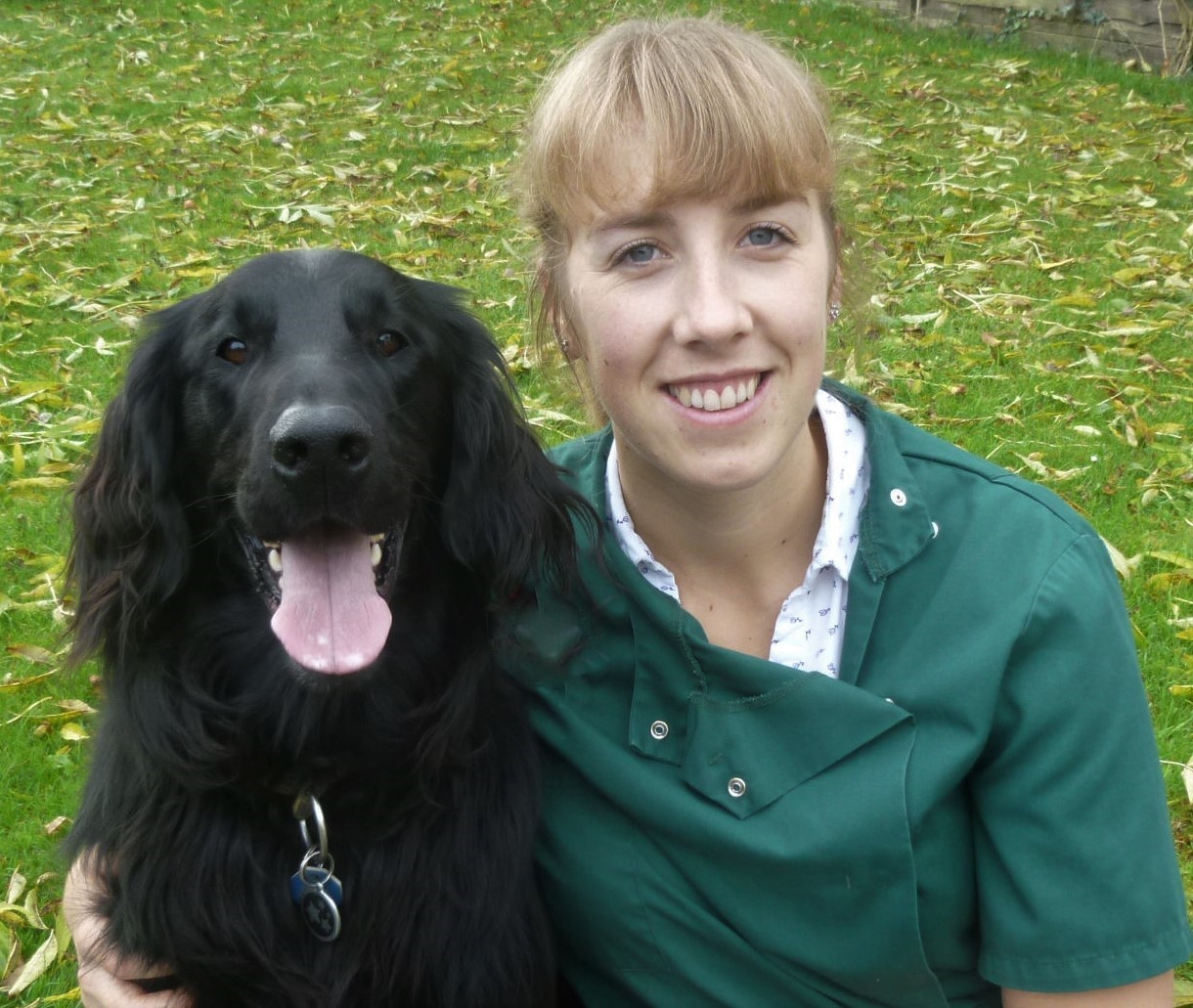
Rebecca is a veterinary surgeon who graduated in 2009 from the Royal Veterinary College in London. She has a wealth of experience in first opinion small animal practice, having done a mixture of day-to-day routine work, on-call emergency duties and managerial roles over the years. Rebecca enjoys medicine in particular and she is proud to have recently achieved a BSAVA postgraduate certificate in small animal medicine (with commendation).
She writes on various feline and canine topics, including behavior, nutrition, and health. Outside of work and writing she enjoys walking her own dog, spending time with her young family and baking!
Edited by Georgia Guerin.
Recent updates
This feature was last updated on February 21, 2025.

David Crookes has been a journalist for almost 30 years and he has written for a host of magazines, newspapers, websites and books including the World of Animals Annual, BBC Earth, Live Science, The Independent and Tom’s Guide.
Born in England, he lives with two cats but he’s also keenly interested in the differences between the huge number of dog breeds – in fact, you can read many of his breed guides that he’s written in collaboration with vets here on PetsRadar.
With a lifelong passion for technology, too, he’s always on the lookout for useful devices that will allow people to keep their pets happier and healthier, and provide them more time to spend together.
David has a degree from Durham University, as well as postgraduate diploma in journalism from the University of Central Lancashire.
